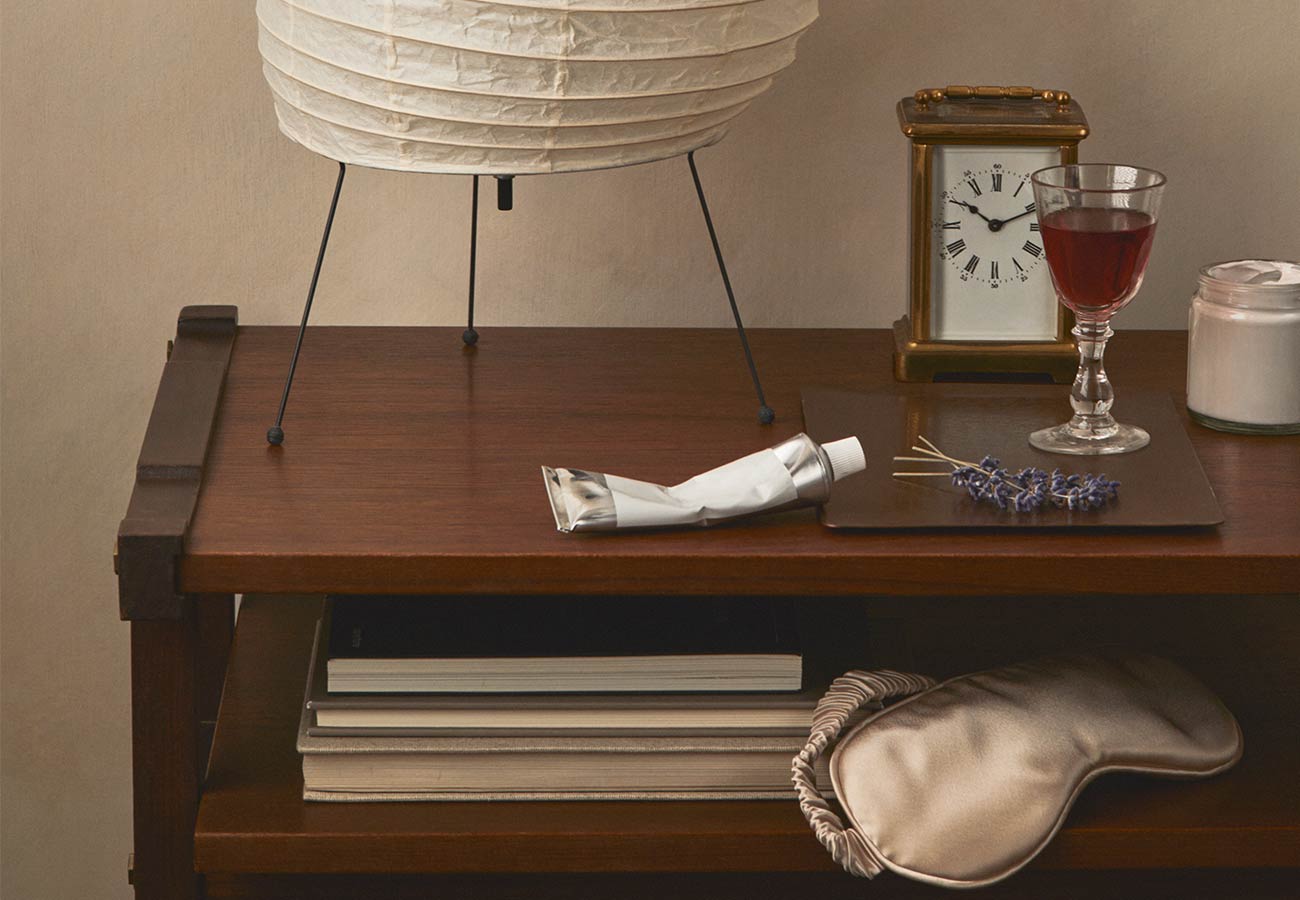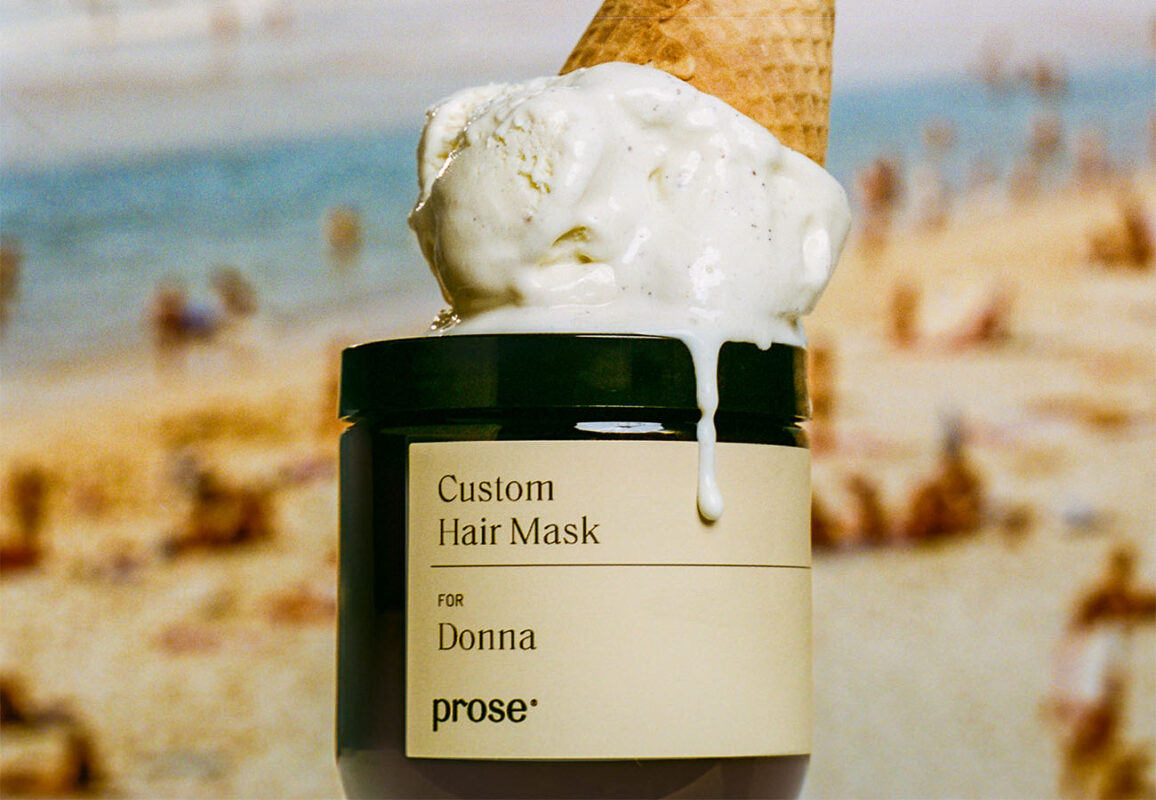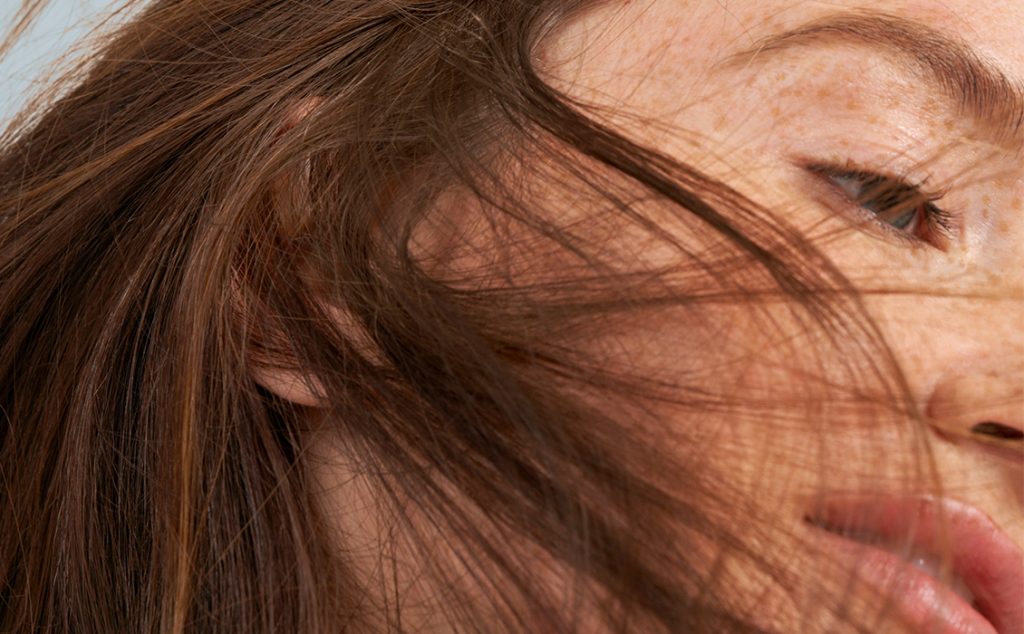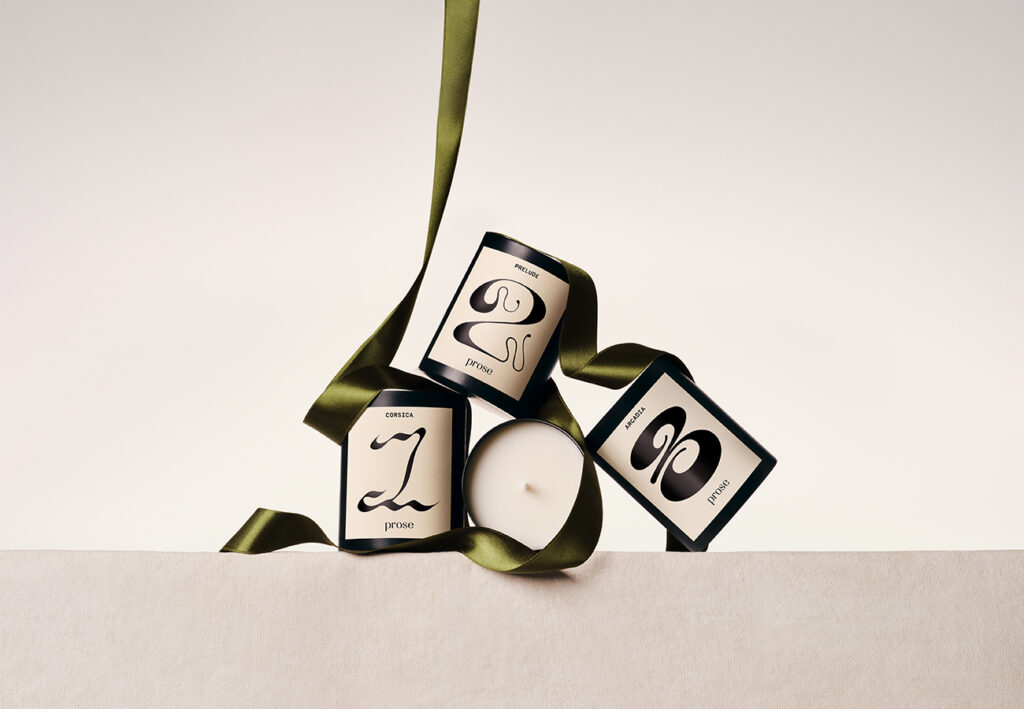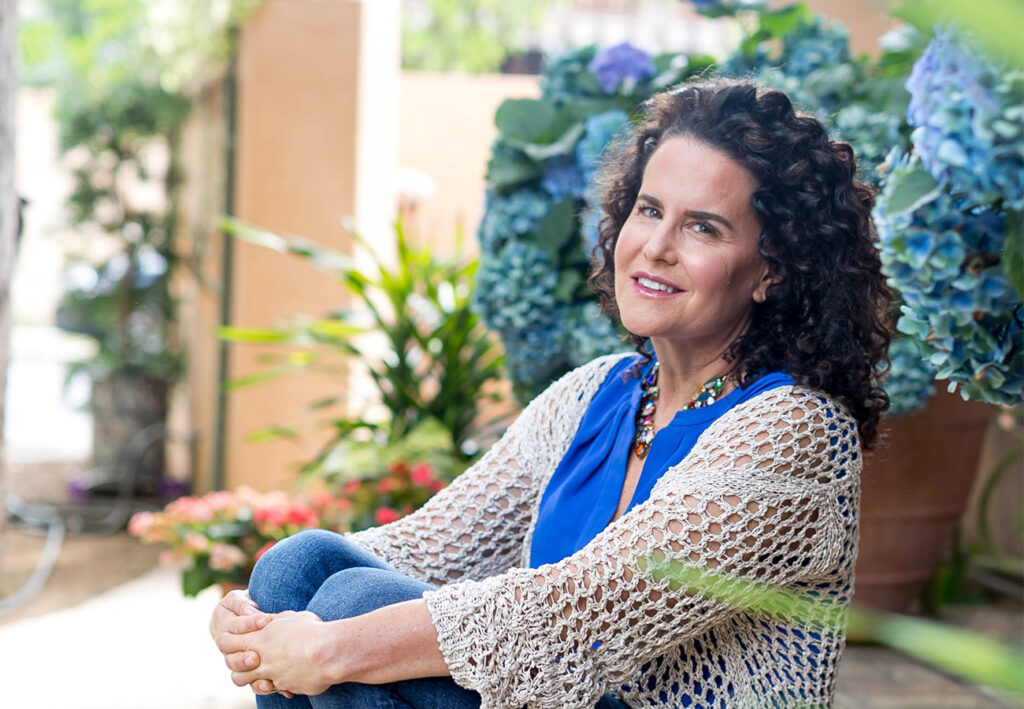The best beauty sleep starts here
If you’ve shelled out for a pricey night cream recently, here’s a little secret the beauty industry doesn’t want you to know: one of the best anti-aging treatments is free. “A good night’s sleep is so important, it’s like medicine,” says Michele Green, MD, a cosmetic dermatologist in New York City. “Levels of cortisol, a stress hormone, fall while you sleep, which allows the body—including the skin—to repair itself.”
These creams often promise things like fewer breakouts, clearer pores, less acne and pimples, a stronger skin barrier, and a way to simplify your skincare routine.
The truth is, the magic happens on the cellular level: while you’re snoozing, your body is busy laying down new collagen fibers—the protein structure that helps keep skin firm and plump. “When someone looks well-rested, it’s because the fine lines on their face are minimized thanks to that new collagen,” explains Green.
Indeed, research in the journal Sleep shows that sleep deprivation affects everything from the eyes (more redness, swelling, and dark circles) to the skin (a paler complexion and more wrinkles). People who don’t get enough Zzz’s are also perceived as looking sadder. This may be because you might discover the appearance of dark circles and fine lines when your sleep is at a minimum.
The first step to getting the beauty sleep of your dreams: don’t skimp on getting enough shut-eye (one in three of us is guilty of not clocking the recommended seven to nine hours a night). Attaining good sleep can also be quite difficult if you suffer from sleep disorders such as insomnia or sleep apnea. Sleep is essential for good health and can have an impact on hormone levels, mood, and weight.
Everyone needs a different amount, but you’ll know you’re getting enough when you can wake up without hitting the snooze button—or without an alarm altogether, says Michael Breus, Ph.D., a clinical psychologist, fellow of the American Academy of Sleep Medicine, and author of The Power of When. Then, take these steps to wake up looking (and feeling!) refreshed.
Quality sleep can help support healthy skin
Since sleep deprivation can affect your skin, it’s helpful to prioritize quality sleep because your skin health can greatly benefit from better sleep. Like we said, better sleep can help your skin lay down new collagen fibers, which is the protein structure that aids in the firming and plumping of your skin. Sleep can protect your skin, all while you get some rest.
Can sleep aid in skin cell turnover? In the evening, cell turnover and, most likely, collagen synthesis increase. This is why sleep is so important for your entire body. No matter your skin type or skin problems, more quality sleep can help to improve your skin.
If you are suffering from dry skin, try a nighttime serum to bring moisture to your skin while you sleep. It’s great to use a serum while you sleep because your skin will not be touched by makeup or any other products and can work on absorbing the product. This leaves plenty of time for a radiant complexion.
While you support your skin, add moisture to your hair as well. Try our custom hair oil, and let it soak into your strands overnight.

Rethink your bedtime
The body goes through multiple stages of sleep, but stages three and four have the most payoff for your appearance, says Breus. “This is when you have the largest emission of growth hormone, which helps with cellular repair.” Exercising regularly and sticking to a consistent sleep schedule increases time spent in these stages of sleep, but better yet, pay attention to your body’s internal clock—aka circadian rhythm.
Going to bed at the time your body is programmed to results in a ramped up production of growth hormones. “If you’re an early bird and you go to bed early and wake up early, you will be able to get more cellular repair from your beauty sleep,” says Breus. Improving your sleep quality can truly help your entire body.
In fact, a new study in the journal Nature Cell Biology found that messing with mice’s internal body clocks interfered with the creation of collagen fibers. More research is needed to replicate the findings in humans, but consider this one more reason not to binge on Netflix when your body is telling you to head to bed.
Lack of sleep and poor sleep both affect your health, including that of your hair and your skin, so it’s wise to add more sleep into your schedule. It will help your body in a multitude of ways.
Switch up your sleep position
A note to all little (and big) spoons: the side sleeping position isn’t great for beauty sleep. “I’ve seen that when someone sleeps on one side of their body, they develop more lines on that side of the face,” says Green. The wrinkles are due to compression and tension that occurs when the face is pressed against a pillow or mattress.
It doesn’t help that as you get older, you shift around less in your sleep. This leads to more time spent smooshed into a singular position, which reinforces lines.
Green says that the best position for minimizing sleep wrinkles is on your back. If the position doesn’t come naturally, using a pillow designed for back sleeping may help you to adopt the supine position. Look for one that cradles the neck, such as the JuveRest pillow, designed by a plastic surgeon ($160, juverest.com). This will provide support while preventing you from rolling over during the night. Sleeping in the best position can help your skin and hair, leaving you well rested and ready for the day.

Try a new night-time do
Heat gets trapped at the nape of the neck while sleeping, leading to extra sweating and tangled, oily hair the next morning, says Vincent De Marco, hair stylist and owner of Vincent Hair Artistry in Los Angeles, CA. Snoozing on a silk pillowcase can help (it’s naturally cooling) as can a sleep-specific coif. Using a satin or silk pillowcase can help protect hair strands from excessive friction or rubbing, and therefore lead to less damage or split ends. Use De Marco’s styling tips, starting tonight.
If you are frizz-prone
To allow heat to escape while sleeping, separate hair into two high, loose pigtails on either side of the head. If your hair is oily, you can use an astringent on the scalp. Just be sure to add a little extra oil back before bed to help prevent the body from overproducing natural oils while you sleep. Place a drop or two of apricot kernel oil on the fingertips, then lightly tap wherever the astringent was applied. Using hair oil helps to keep hair healthy and prevent hair loss by reducing scalp dryness and promoting hair growth and strength.
If you have fine, thin hair
For gorgeous waves in the morning, skip the braids and instead gather hair into two high, loose ponytails. Take one ponytail and, starting from the bottom, fold the hair up like an accordian. Pull the elastic over to secure (the ponytail will now look like a bow). Repeat on the other side. These quick and easy hairstyles can save so much time styling in the morning.
If you have curly hair
To avoid waking up with flattened coils, use your fingers to gather hair loosely into a top knot. If you have a little frizz in the morning when you let hair down, spritz with water, brush the frizz into place, and blow dry using a diffuser. It’s that simple! Help your hair work for you while you rest. This will help to make your sleep easier, and your morning routine shorter.
If you have short hair
Tired of waking up with unruly bedhead? Keep your tresses under control while you snooze by wearing a silk sleeping cap to bed. You can try a sleep cap, or a sleep scarf. Some scarves are even made of silk or satin, and can also serve to protect your strands while you sleep.
Take a look into our other hair tips for while you sleep. The good news is that there are a few techniques to keep your hair looking great night after night.
Sleep aids
Replace your bulbs and put down your phone
Exposure to blue light in the evening can trick your body into thinking it’s daytime, throwing your circadian system out of whack. Choose blue light-minimizing bulbs for the bedroom and log off a couple hours before bedtime, since tech devices also emit blue light waves. Giving your eyes and mind a break is tremendously helpful in getting better sleep.
If you aren’t able to get your hands on blue light minimizing bulbs, check out blue light blocking glasses. Not only can these glasses keep you from taking in lots of blue light at night, but they can also be used during the day to give your eyes a rest.
Sip on tart cherry juice
Cherries are a natural source of melatonin, which helps regulate your sleep-wake cycle. Breus recommends blending the juice with banana, kiwi, almond milk, and ice for a before-bed sleep smoothie.Tart cherry juice may be a safe and efficient approach to help with insomnia and obtain more sleep each night. <h3>Don a sleep mask</h3>
Light can disrupt your slumber, but wearing a sleep mask can help. Research shows the eye coverings increase REM sleep and melatonin levels. Better yet, look for a mask that wraps around the eyes and ears to block out light and sound. These sleep masks can keep your eyes shut much longer, and leave lots of time for rest.
Slather on lavender lotion
Some studies suggest that a lavender scent may have a calming effect on the nervous system, leading to less restlessness at night. Massage a lavender cream onto hands before bed for sounder sleep and softer mitts in the morning.
In addition to lavender lotion, there are lavender oils that can be applied to your tresses and will also add a lovely fragrance to your pillowcase. This smell really is calming, and can potentially help with sleep problems. Try to wind down with your favorite moisturizer, and your skin will thank you. There’s nothing better than taking care of your skin and your hair all at once.
Prose haircare and your sleep
We’re here to help with your sleep and what that means for your hair. Whether you are ending the night with a mask for your face, or oil for your hair, we want to help make your rest more enjoyable. We’re in the business of custom, personalized haircare—and beauty sleep too.

